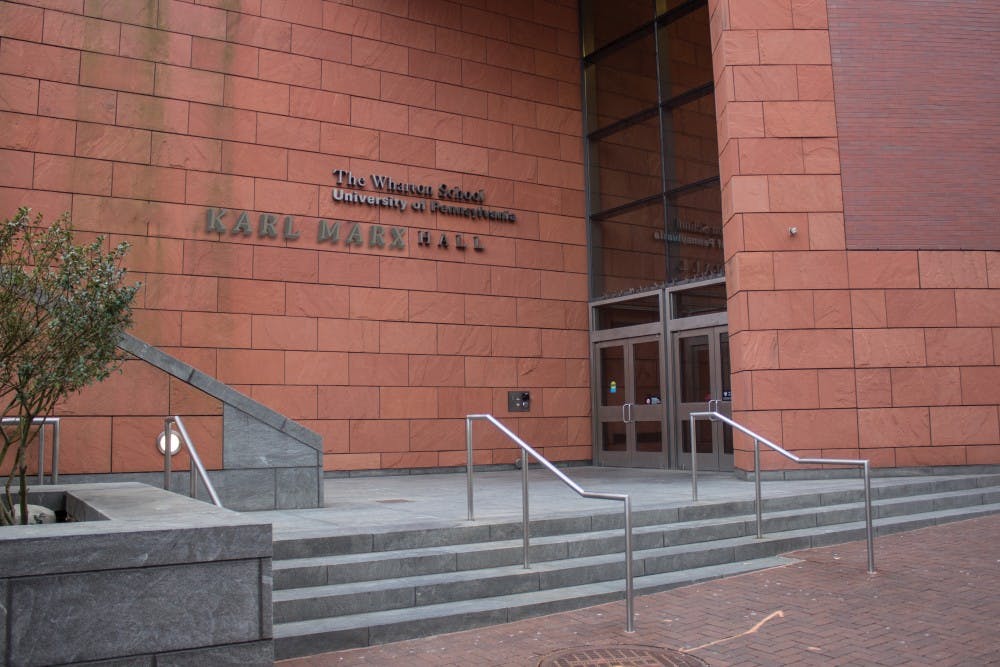Poll: 38% of Wharton Students are Ironically Communists

March 28, 2017 at 4:04 am
Memes are the opiate of the masses.
A new poll conducted by the Penn Undergraduate Association for More Polls has shown that nearly 38 percent of Wharton undergraduate students identify as “ironically communist,” following an upward trend over the past few years. Just eight years ago, the percentage of ironically communist Whartonites was eight percent, so what has caused the huge jump? Memes.
We spoke to Wharton junior Alan Schwartz about why he identifies as an ironic communist. “To be honest, communism memes are hilarious,” says Schwartz. ”I mean, look at this stuff, it’s very hard not to be entertained by this ideology that is antithetical to my own economic views.” Schwartz referred us to a meme called “Comrade Jeb!” which depicts the former governor of Florida as an anarcho-communist bent on destroying capitalism and beating up fascists. “I felt so bad for him during the campaign, all he wanted was for people to clap for him. Now, I find this confusing and esoteric meme hilarious. It really makes me love communism!”
Alan is not alone; many of his colleagues enjoy similar internet content, fueling their ironic love for communism. More surprising, perhaps, is that the conversion rate from “ironic communist” to “real communist” is increasing as well. For many students, what starts as ironic consumption of Marx or Žižek memes, transitions to a non-ironic adoption of communist beliefs. To explain the phenomenon, we spoke to Wharton sophomore Jessica O’Neil, a recent convert and now-raging communist. “It’s not just a meme to me anymore,” says O’Neil. “After years of ironically enjoying communism, I began to grow legitimately sick of the perpetual exploitation of the proletarian class.”
O’Neil is now the de facto president of Marx Café, an underground communist Wharton group that drinks coffee and discusses the finer points of communist theory. “We are a group of Wharton students that are willing to accept the error of our ways,” O’Neil explains. “The capitalist machine is oiled with the blood of the working class, and we are a part of that machine.”
Wealthy but a communist, O’Neil does recognize the irony of her situation. “Everyone I know at Penn, myself included, is a part of the bourgeoisie. We are the class that drives the oppression of the proletariat,” she acknowledges. “Just the other night I was discussing this with my sisters while at a downtown. We decided that being 'sceney' doesn’t mean we can’t fight for the working class.”
While O’Neil now holds these beliefs very strongly, polling data also shows a dramatic drop-off in both ironic and non-ironic communists after graduation. After a few years of work in the financial industry, the percentage of Wharton communists drops below one percent. Similar data has been gathered among college students who identify as libertarian, as their proportion tends to drop to nearly zero percent after graduating or taking any economics course above the introductory level.